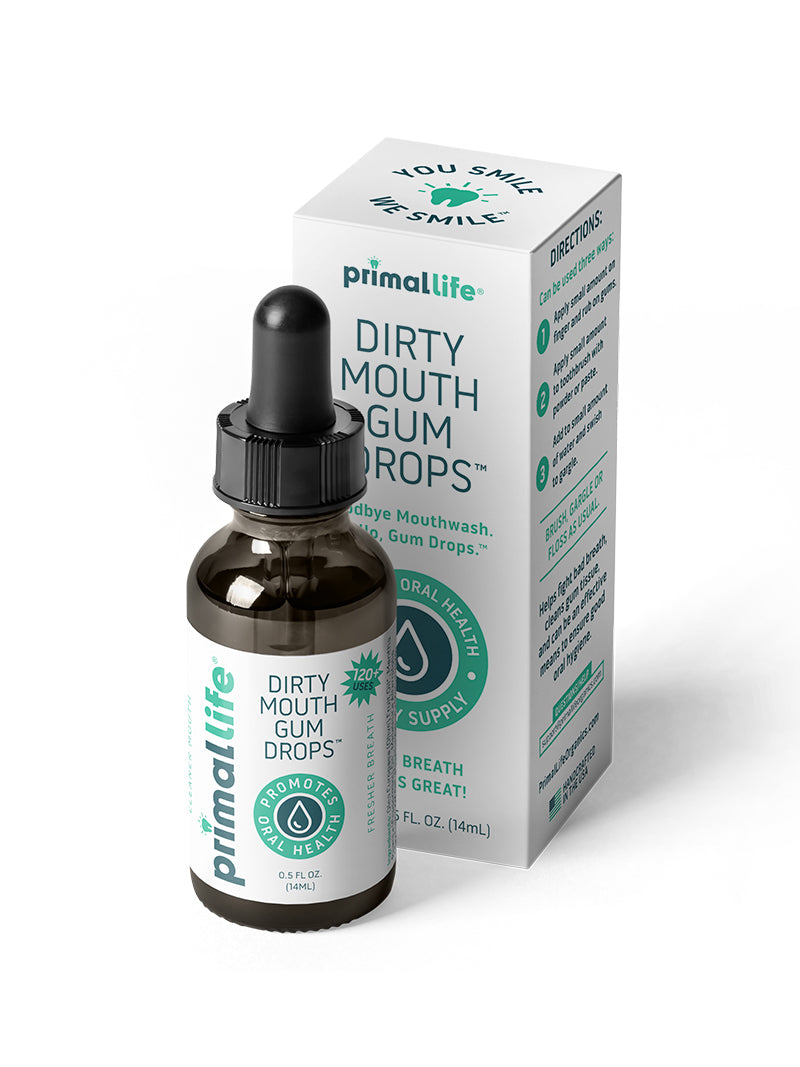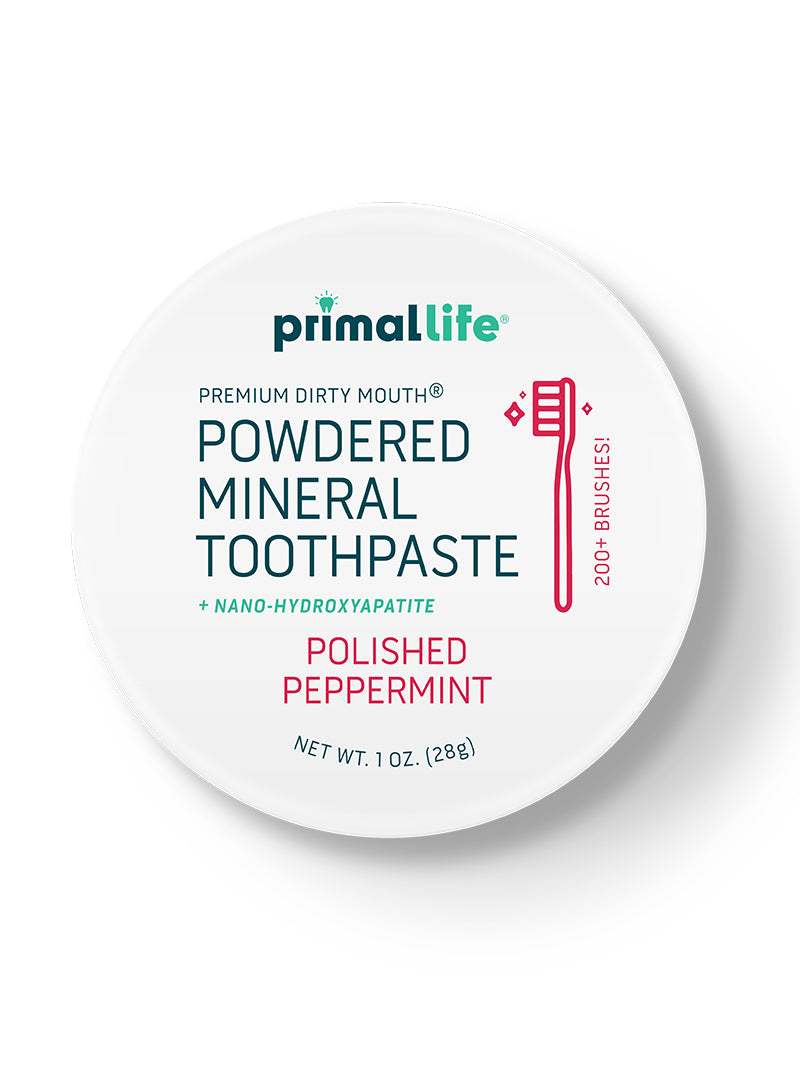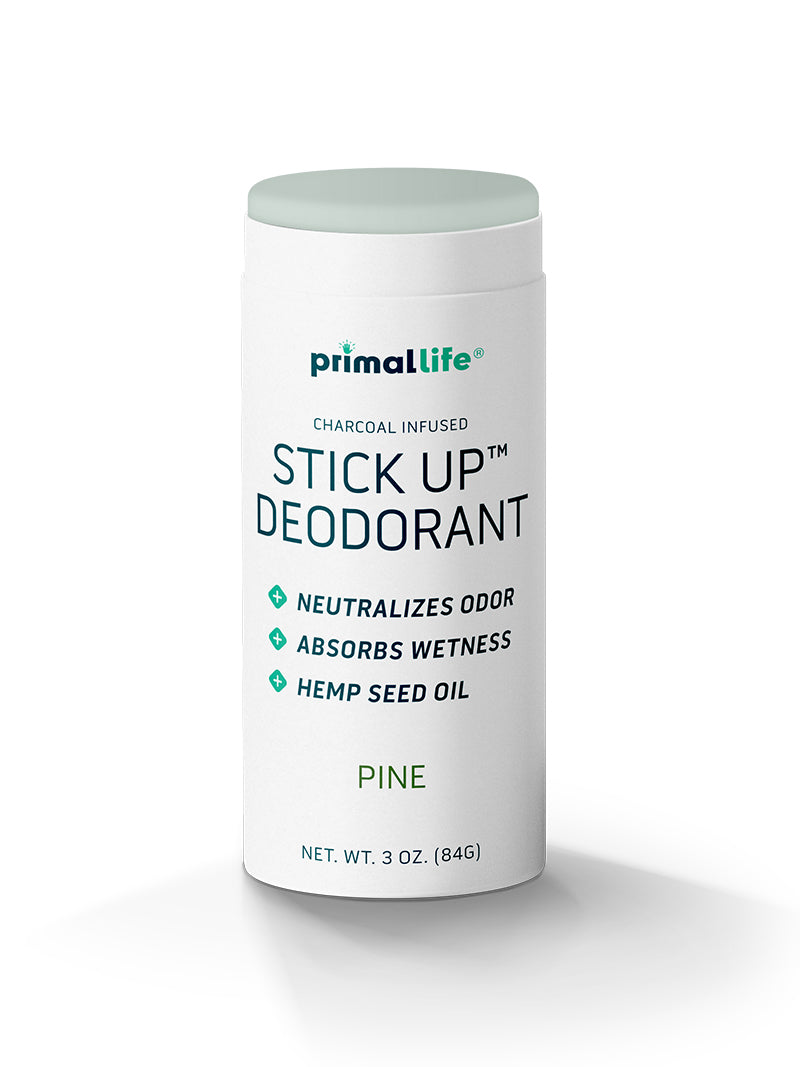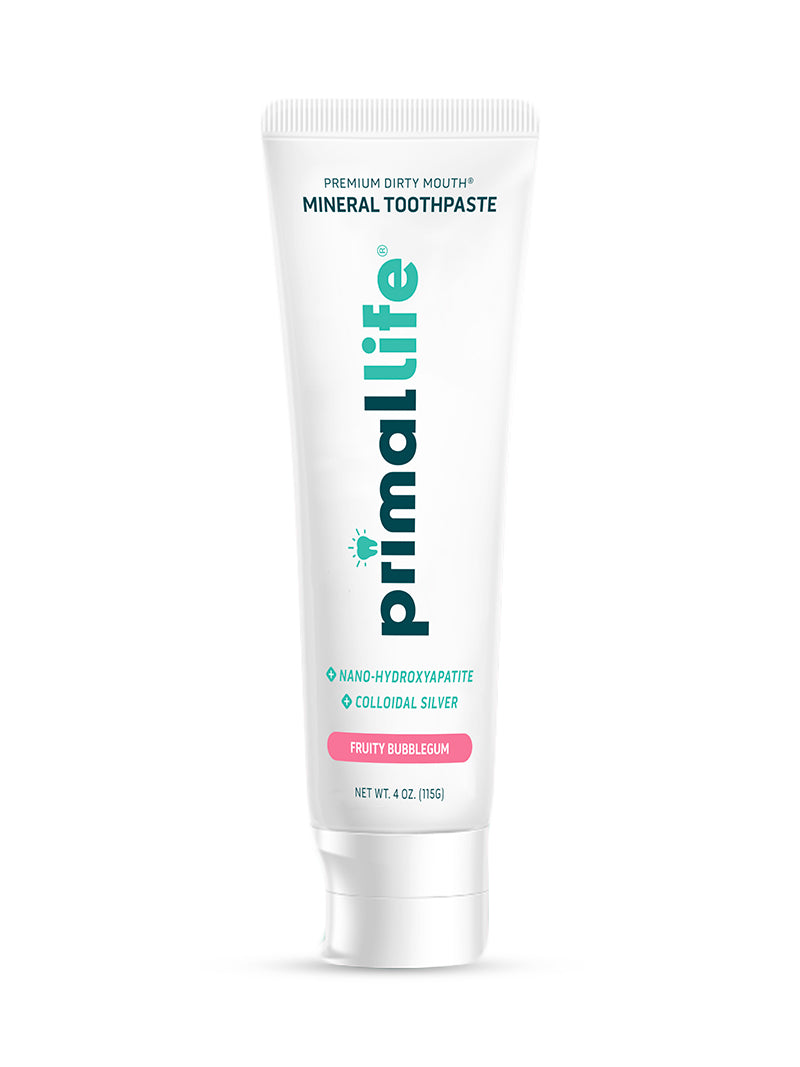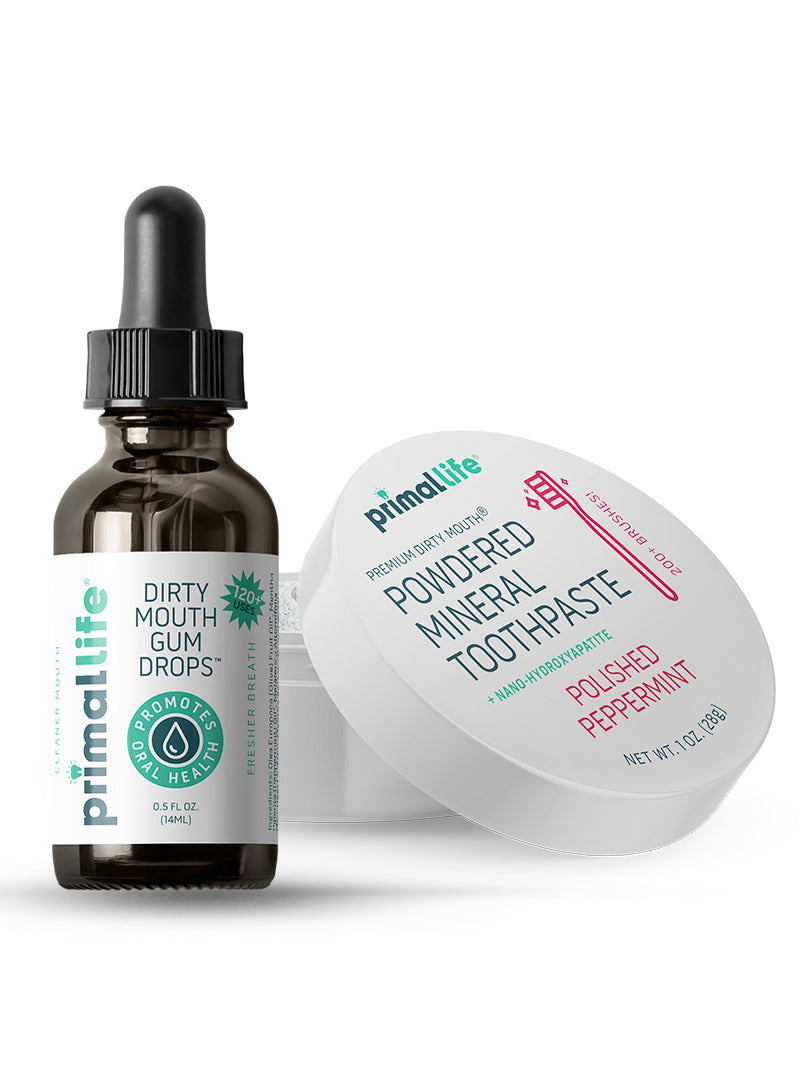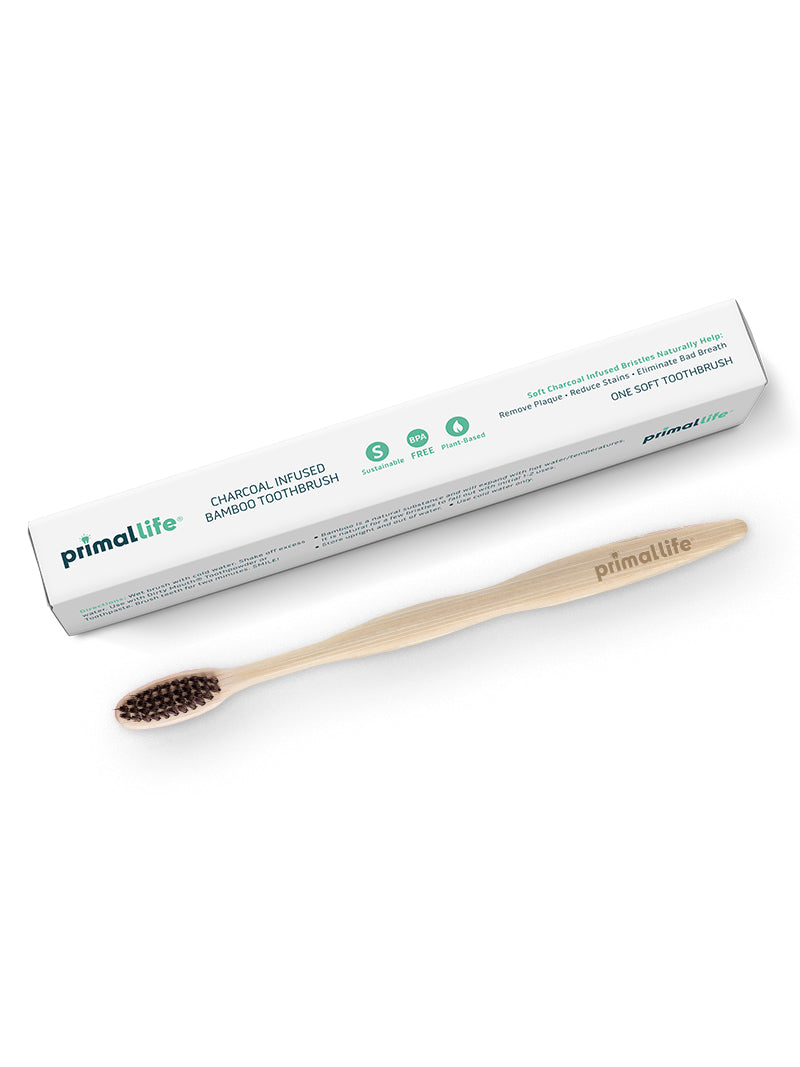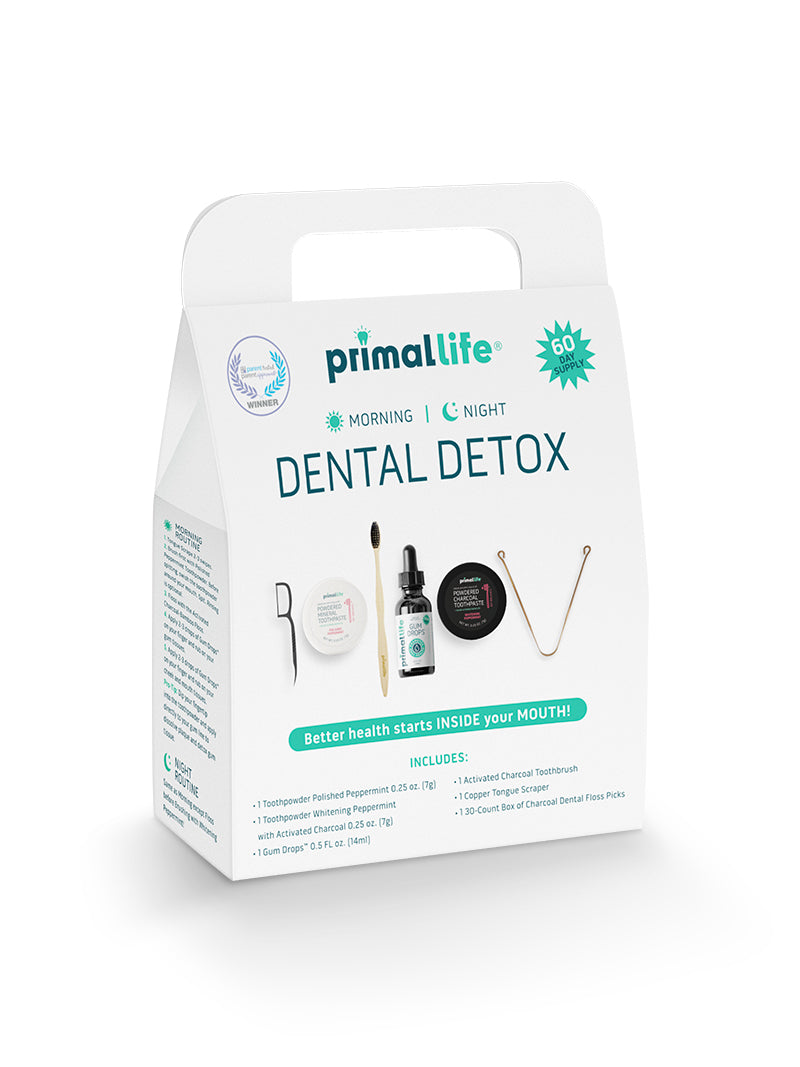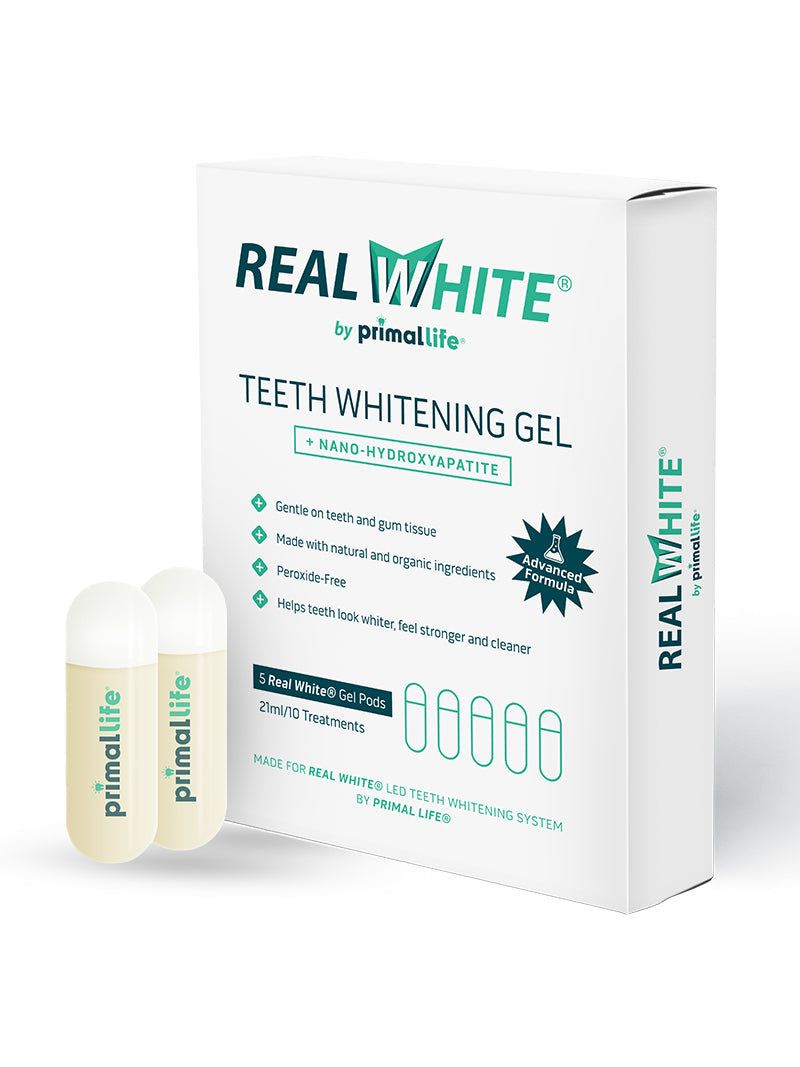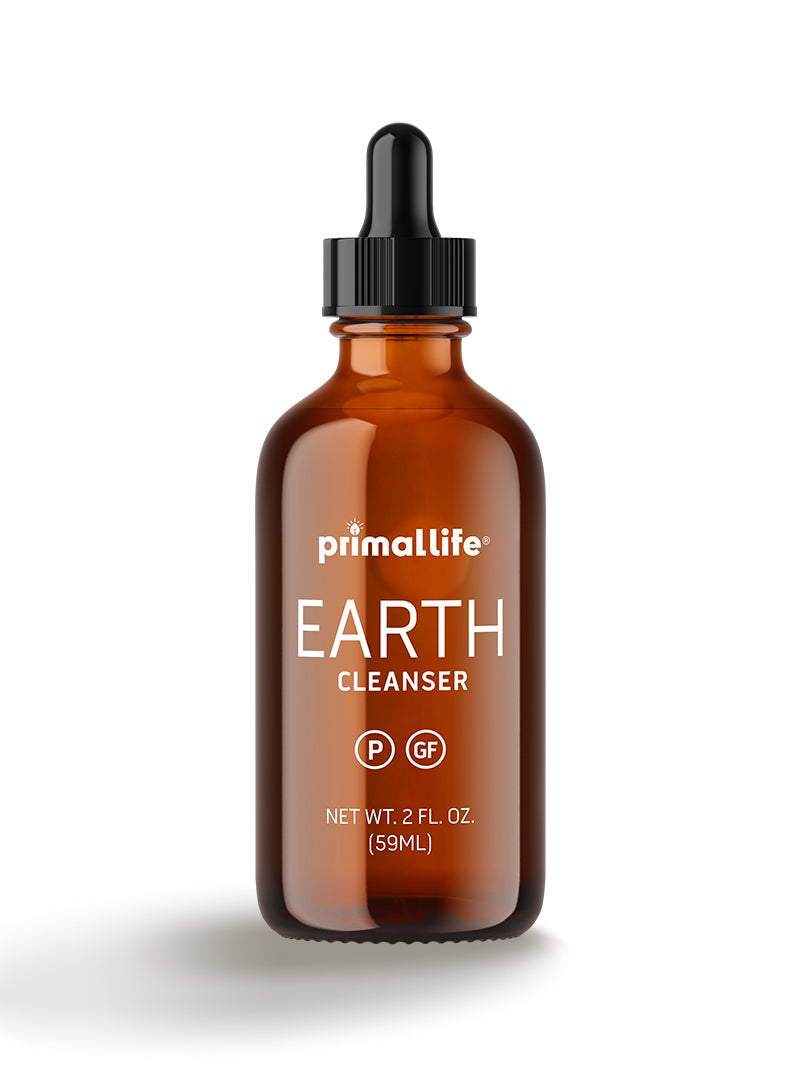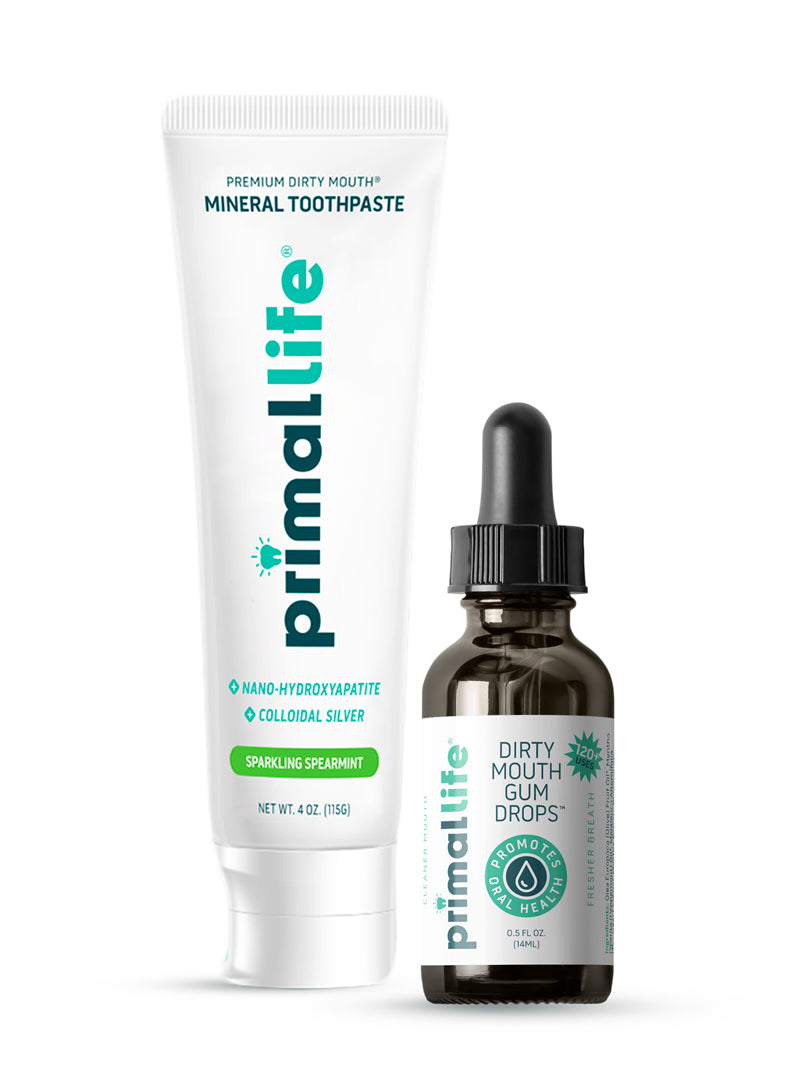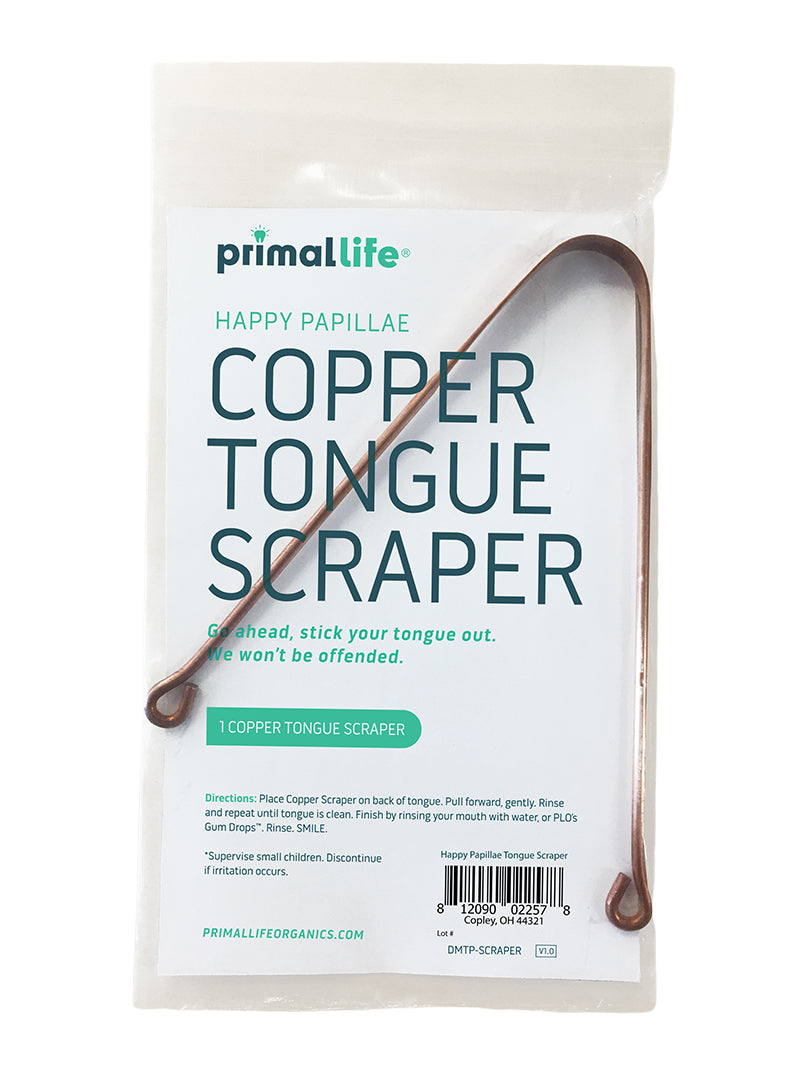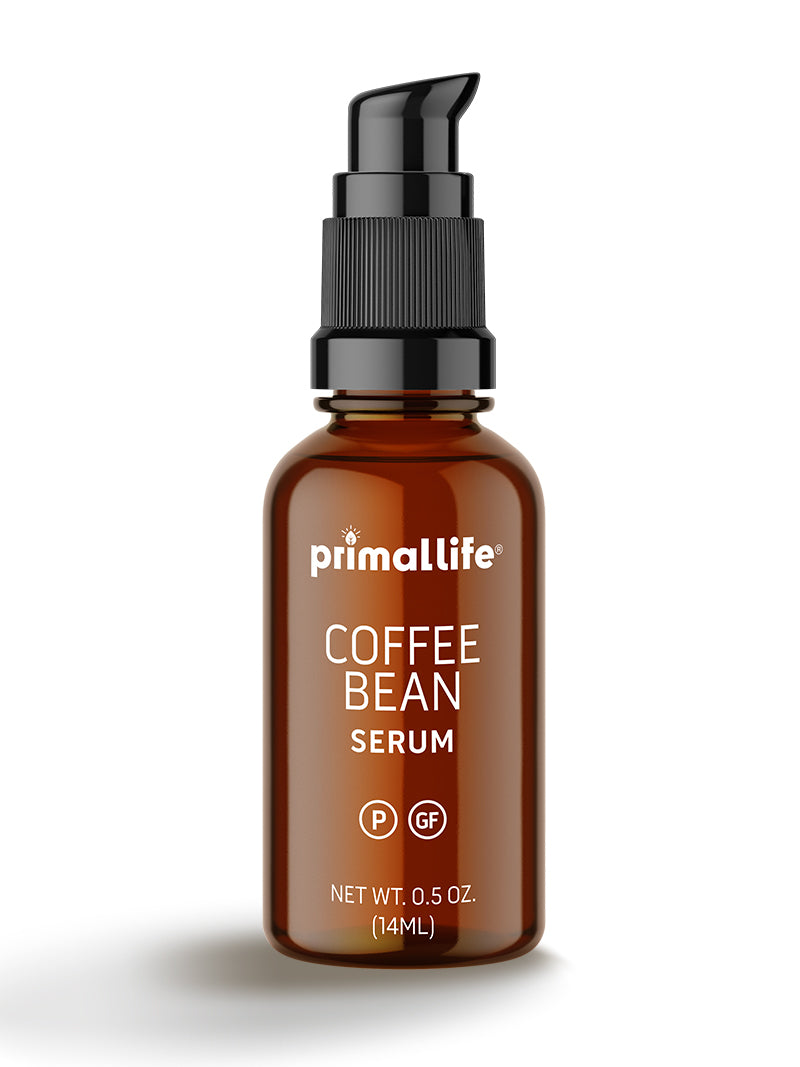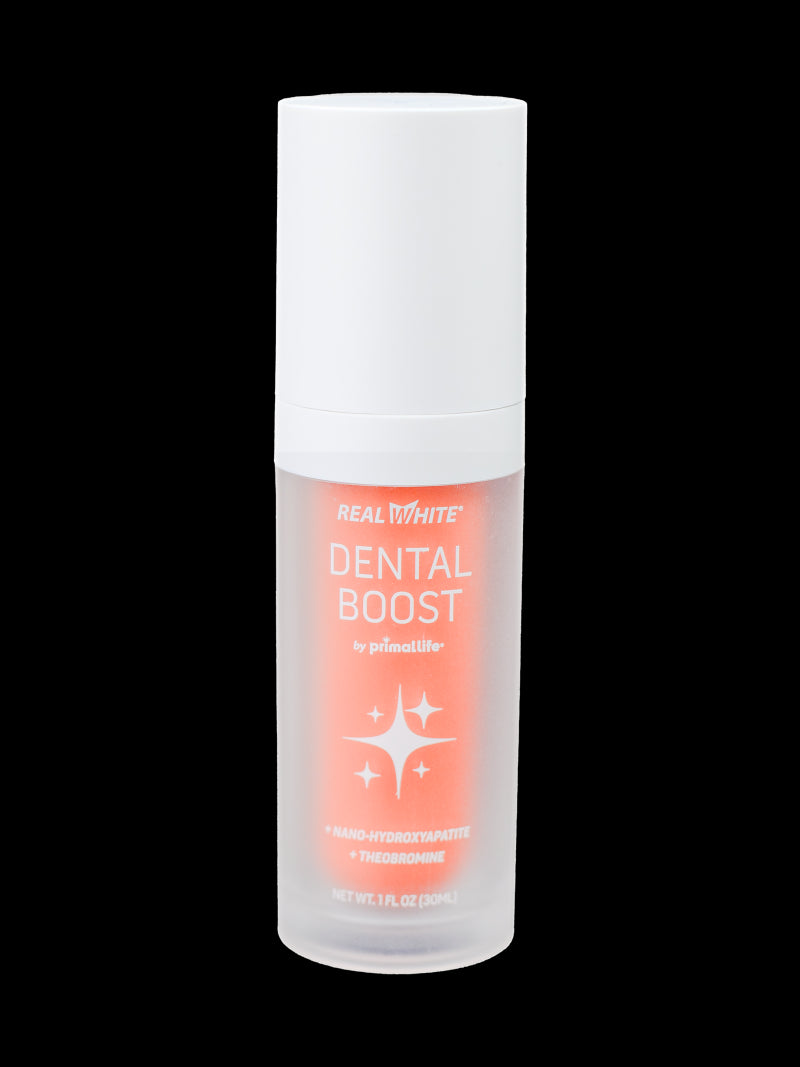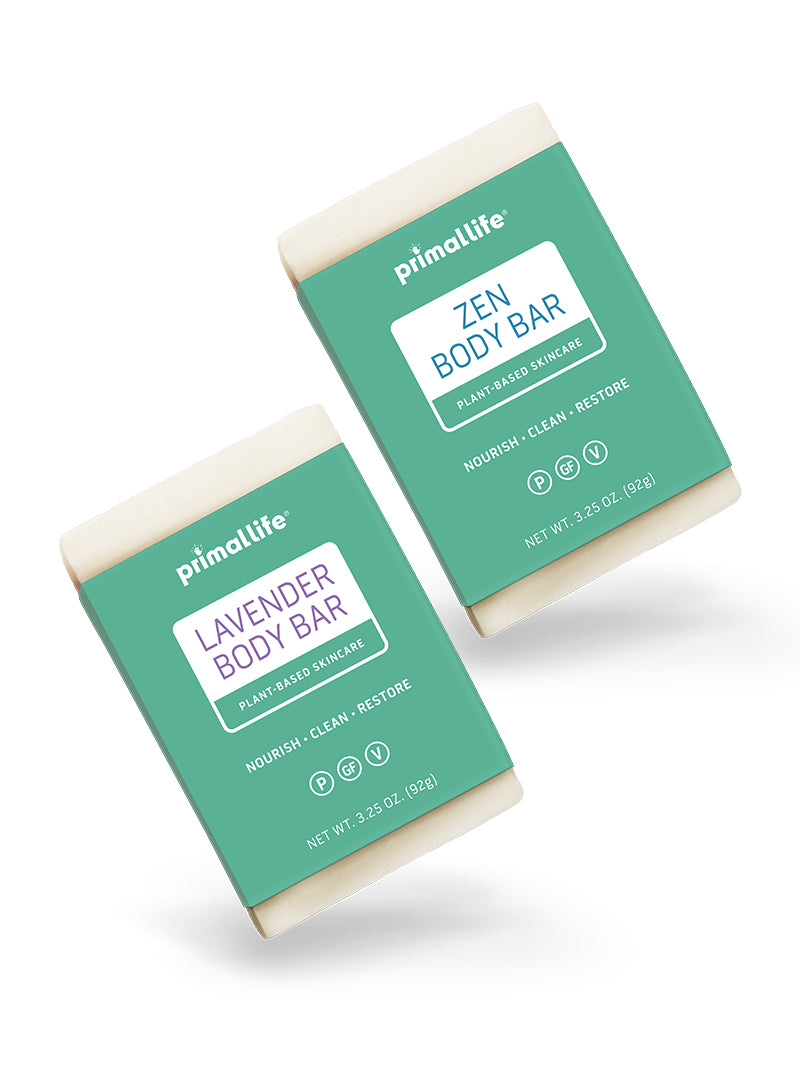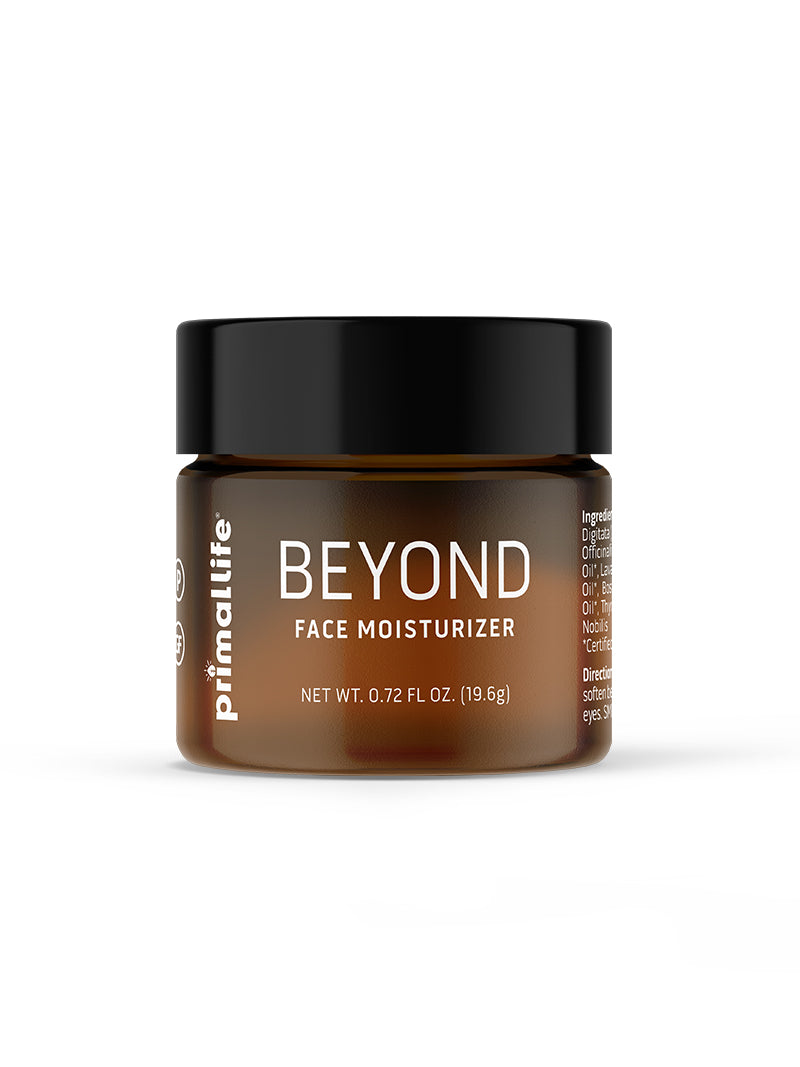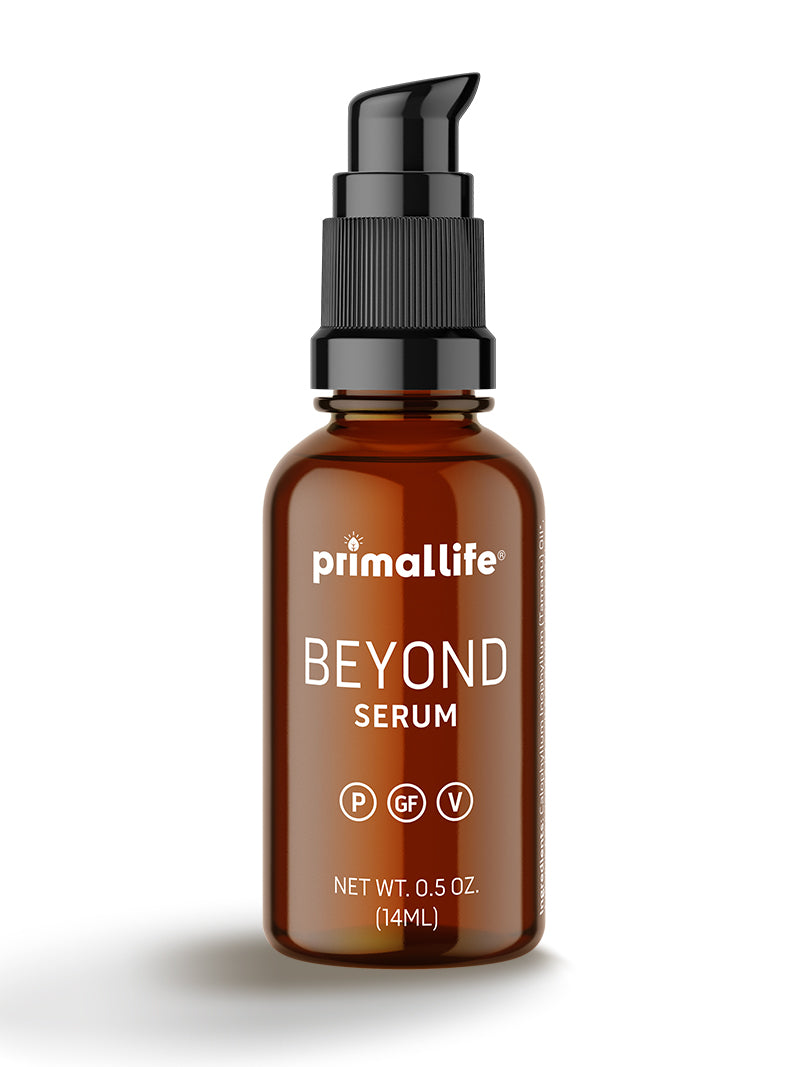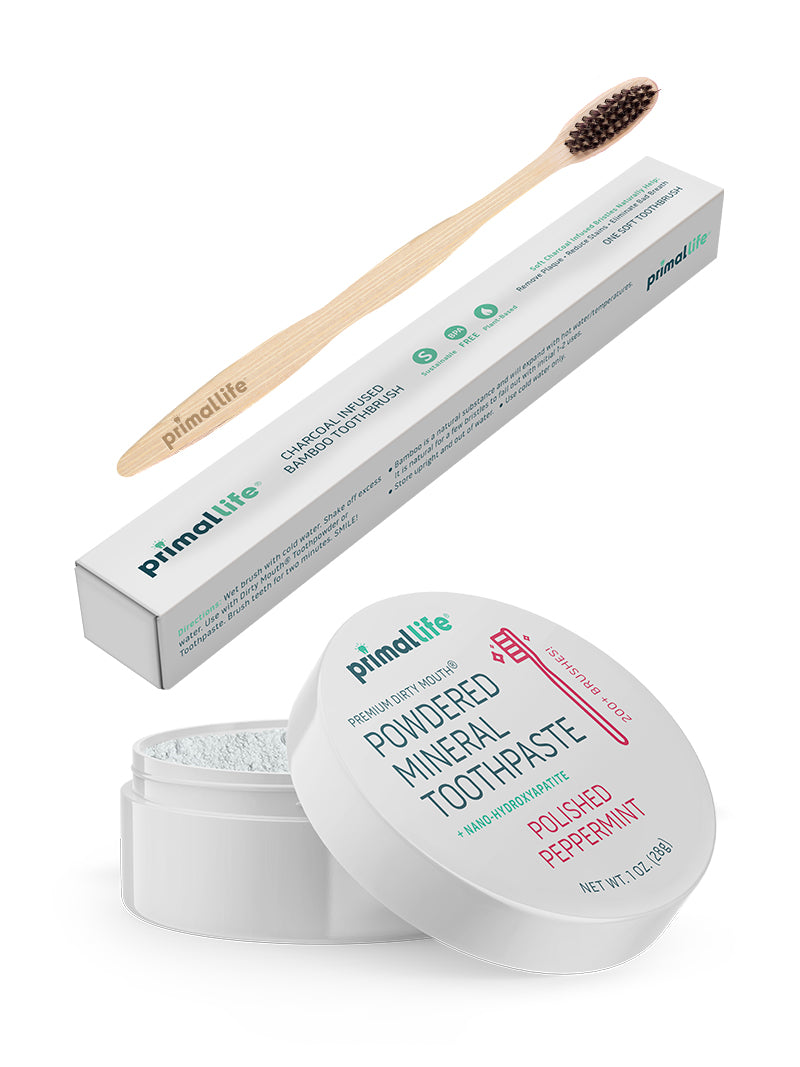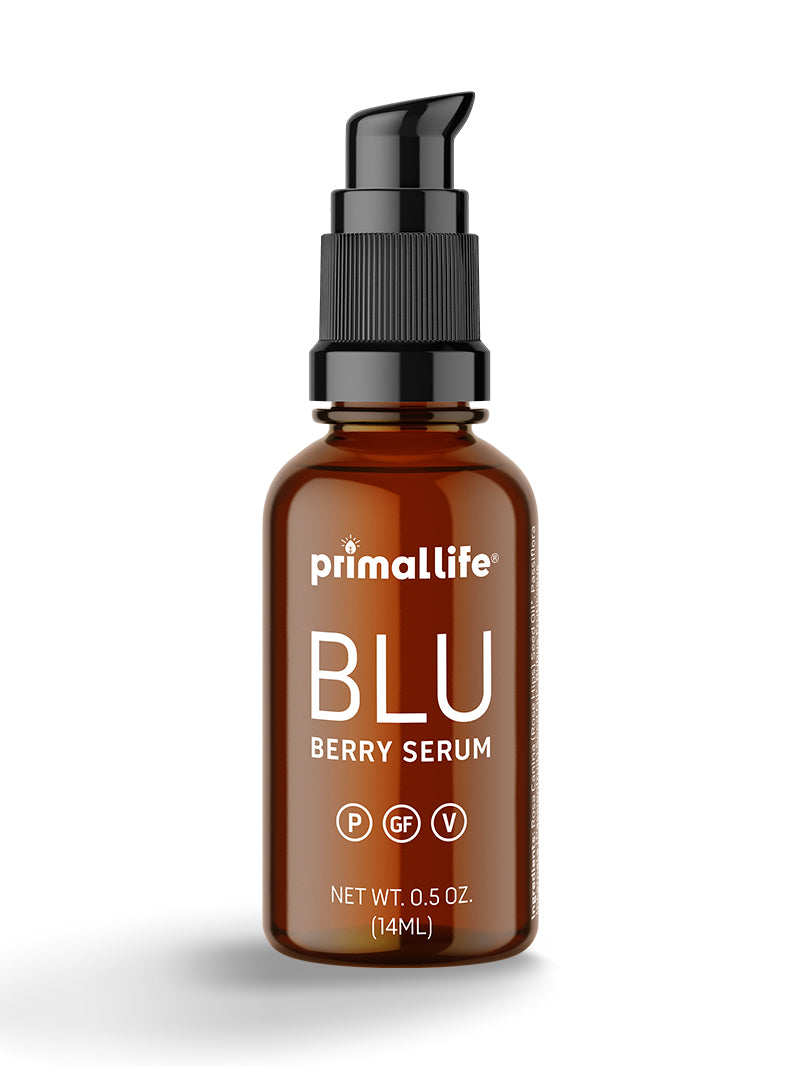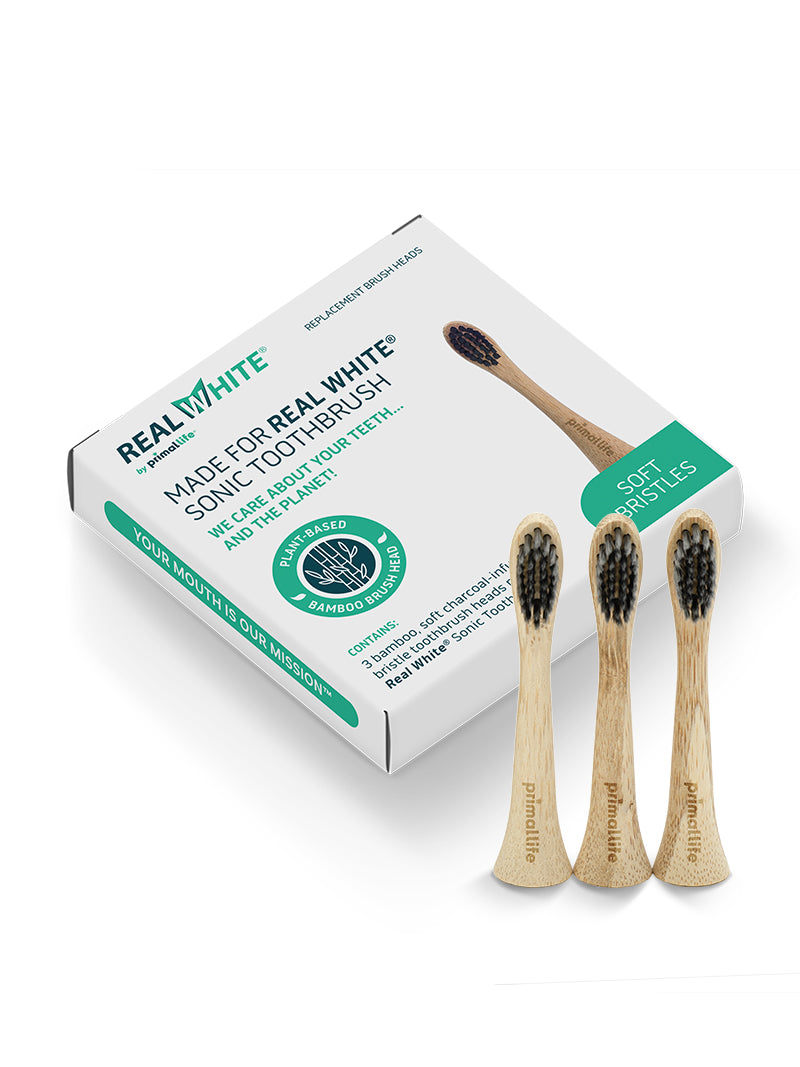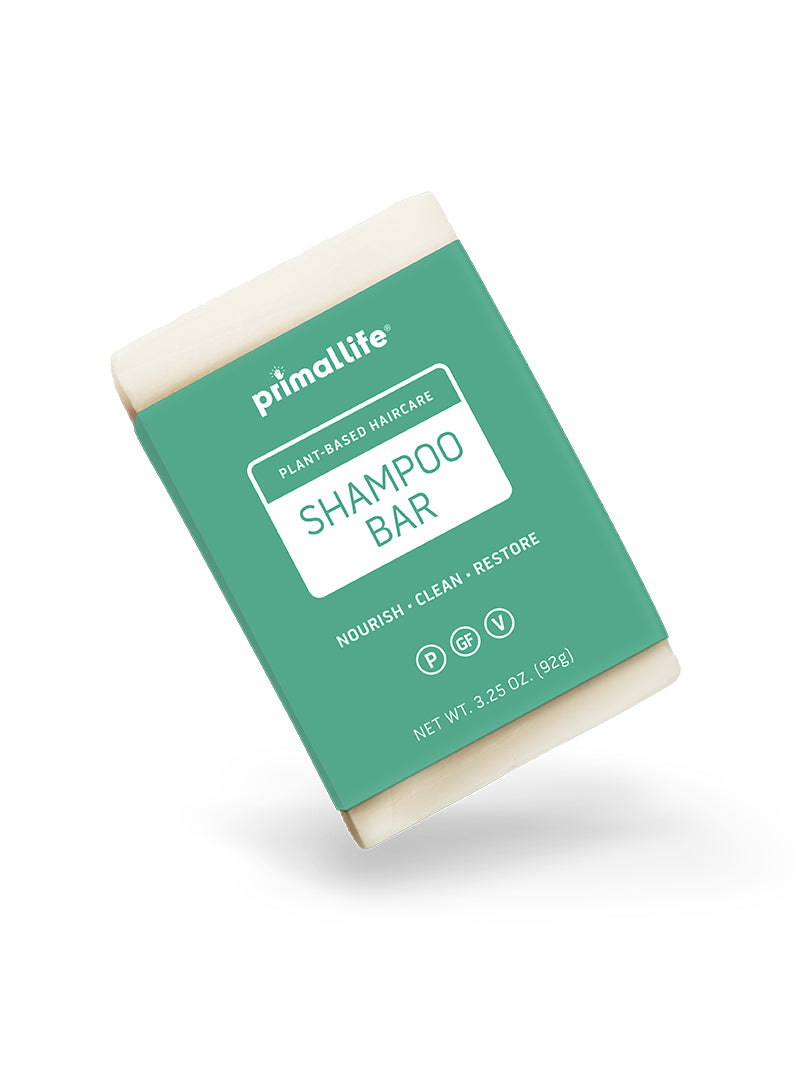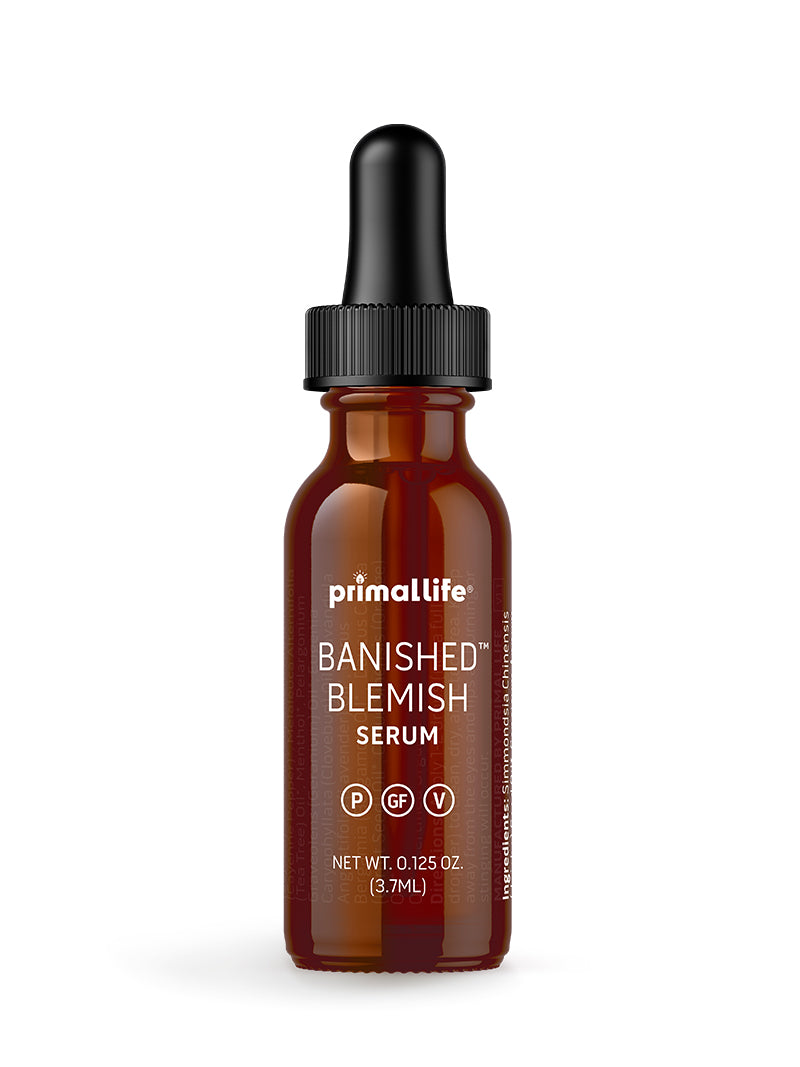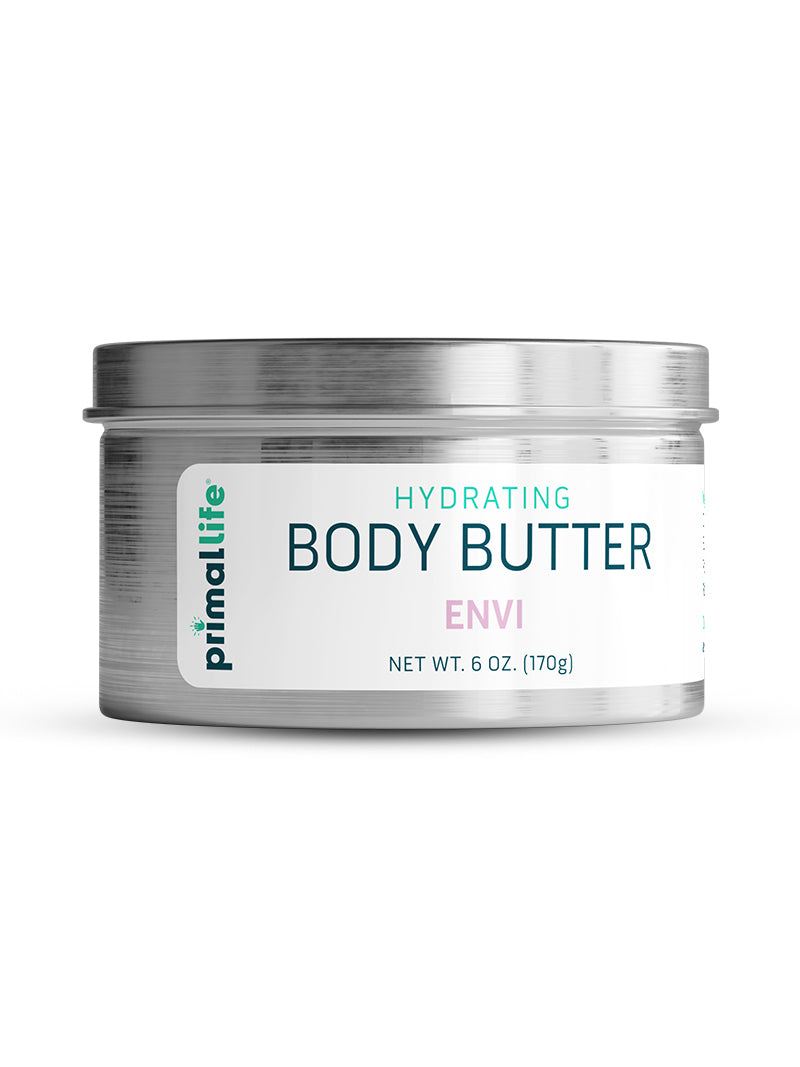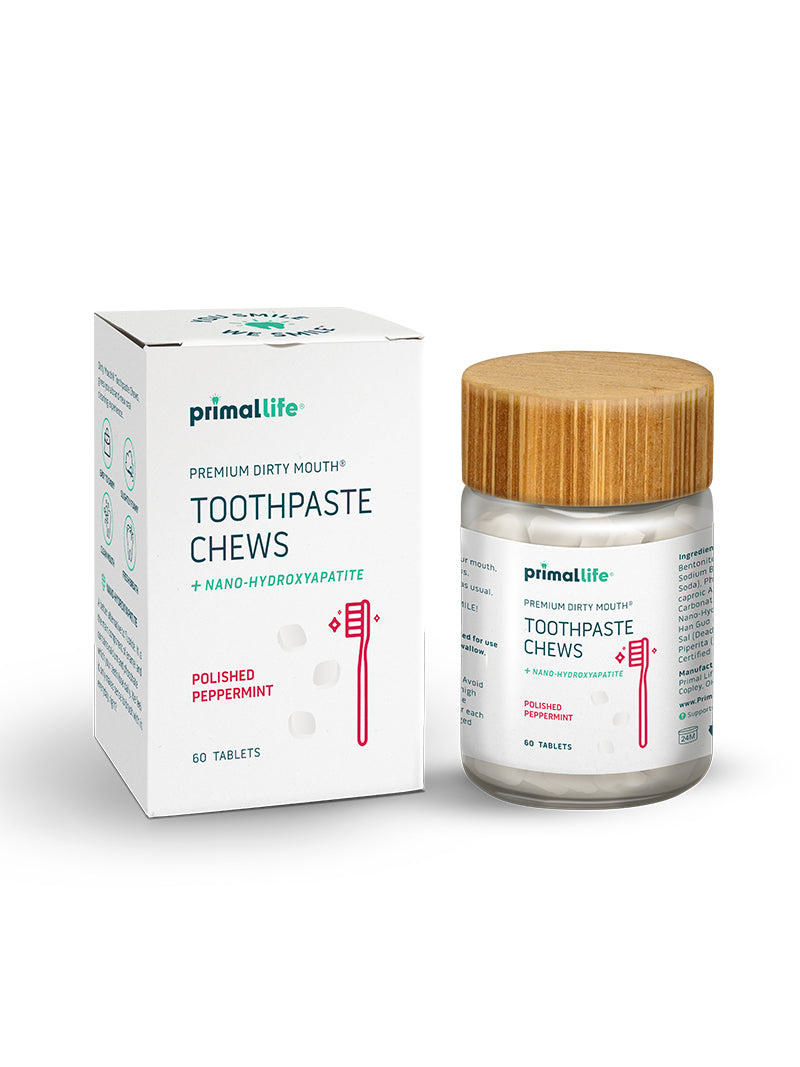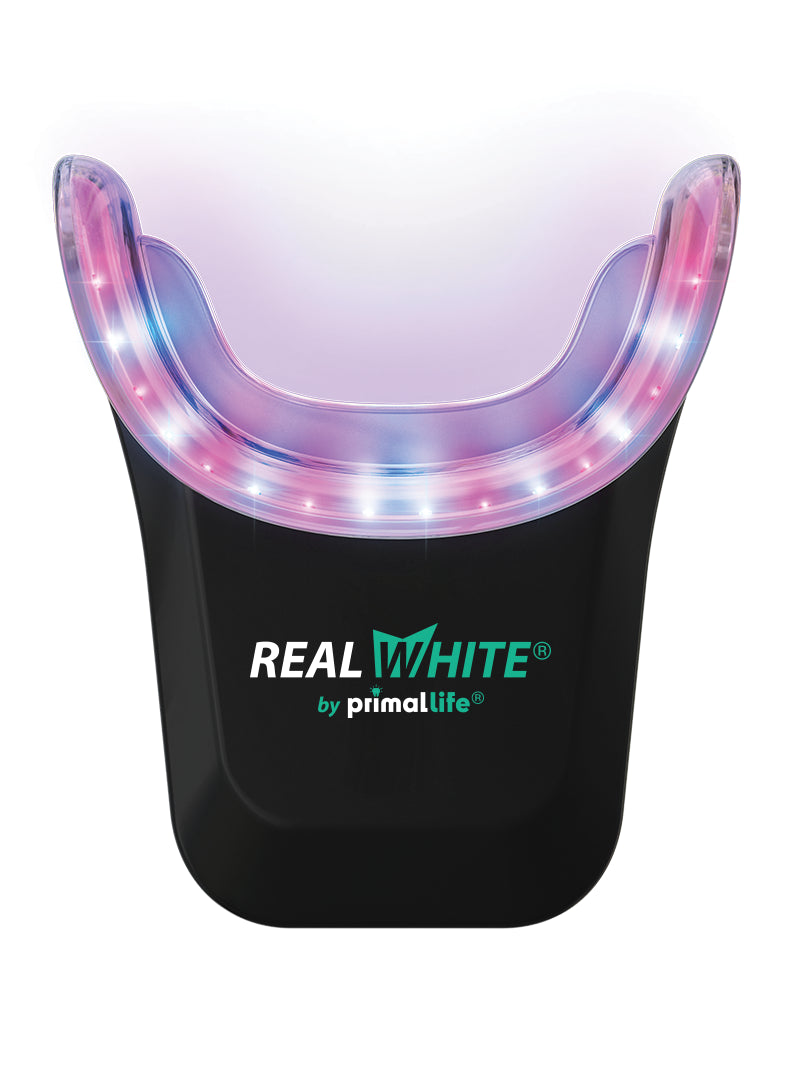Hidden Sources of Histamines and Irritants in Skincare Products: Navigating Mast Cell Activation Syndrome

When you're living with Mast Cell Activation Syndrome (MCAS), maintaining healthy and radiant skin can be a challenging endeavor. MCAS leads to heightened sensitivity to various triggers, including specific ingredients commonly found in skincare products. While you may be cautious about avoiding known irritants, there are often hidden sources of histamines and irritants in skincare, such as botanical extracts and natural fragrances. In this blog article, we'll uncover these hidden culprits and explore how to avoid them to keep your skin happy and comfortable when living with MCAS.
Understanding Mast Cell Activation Syndrome (MCAS)
Before delving into the hidden sources of histamines and irritants, let's briefly review MCAS. MCAS is a condition in which mast cells, integral components of the immune system, become overactive. These hyperactive mast cells release excessive histamines and other mediators into the bloodstream, leading to a range of symptoms, including skin rashes, itching, digestive issues, and heightened sensitivity to various substances.
Hidden Sources of Histamines and Irritants in Skincare
Botanical Extracts:
Botanical extracts are often celebrated for their natural and holistic properties. However, they can be rich sources of histamines and other compounds that may trigger reactions in individuals with MCAS. Some commonly encountered botanical extracts include:
- Clove and blends with clove. Clove is histamine liberating. This means that it causes mast cells to release histamine.
- Cinnamon and blends with cinnamon – also histamine liberating
- Nutmeg and blends with nutmeg – also histamine liberating
- Citrus Essential Oils – don’t use internally
- Juniper, Pine, Spruce – avoid if allergic to these tree species
- Chamomile – avoid if allergic to ragweed
While these extracts can offer benefits to many, they might lead to adverse reactions in those with MCAS.
Natural Fragrances:
Natural fragrances are another seemingly benign ingredient that can pose challenges for individuals with MCAS. While they sound safe, these fragrances can contain various volatile compounds that may act as irritants. Common sources of natural fragrances include essential oils, which, while natural, can be highly concentrated and potent. Essential oils like lavender, eucalyptus, and rosemary can be particularly problematic for those with MCAS.
Preservatives
Preservatives are often added to skincare products to extend their shelf life and prevent bacterial growth. However, some preservatives, such as parabens and formaldehyde-releasing agents, have been linked to skin irritation and sensitivity. Avoiding these preservatives is crucial for individuals with MCAS, as they may exacerbate skin reactions.
How to Avoid Hidden Sources of Histamines and Irritants
Read Ingredient Labels
When selecting skincare products, always read ingredient labels carefully. Look out for botanical extracts, natural fragrances, and preservatives. If you're unsure about an ingredient, research it further or consult with a healthcare professional.
Opt for Minimalist Formulations
Products with minimal ingredient lists are often safer for individuals with MCAS. Fewer ingredients mean fewer potential triggers. Seek out skincare brands that prioritize simplicity in their formulations.
Patch Testing
Before applying a new skincare product to your face or body, conduct a patch test. Apply a small amount of the product to a discreet area of your skin and monitor it for any adverse reactions. If there are no issues after 24 to 48 hours, it's generally safe to use the product more broadly.
Consult a Dermatologist or Allergist
If you're struggling to identify specific triggers or are experiencing persistent skin issues related to MCAS, consider consulting a dermatologist or allergist. These professionals can help pinpoint problematic ingredients and recommend suitable skincare products.
Conclusion
Navigating skincare when living with Mast Cell Activation Syndrome requires careful consideration of hidden sources of histamines and irritants in products. Be vigilant in reading ingredient labels, opt for minimalist formulations, conduct patch tests, and seek professional guidance if needed. By taking these precautions and avoiding potential triggers, you can maintain healthy, comfortable skin and minimize the impact of MCAS on your skincare routine.
If you're struggling with MCAS-related sensitivity and are looking for dental and skincare solutions that align with your needs, consider exploring the range of products offered by Primal Life Organics. With our commitment to transparency, minimal ingredients, and holistic approach, they can help you take better care of your health and well-being while minimizing the risk of mast cell activation triggers. Remember, it's always a good idea to consult with a healthcare professional to determine the best approach for managing MCAS and any associated sensitivities.
Shop our Chemical Sensitivity Collection and feel confident in what you are putting on your body.


